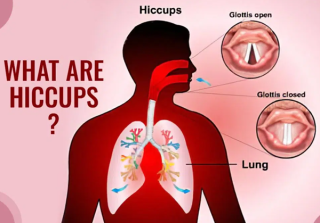What are the symptoms of PCOS?created at Oct 08, 2009 1,303 1,303 Understanding the Symptoms of Polycystic Ovary Syndrome (PCOS)Polycystic Ovary Syndrome (PCOS) is a hormonal disorder common among women of reproductive age.Its symptoms can vary significantly from person to person, |
Understanding Hiccups: Unraveling the Mystery Behind the Spasmscreated at May 03, 2009 1,457 1,457 Hiccups, |
Natural Ways to Boost Low FSH Levels in Mencreated at Oct 08, 2009 1,415 1,415 If you're concerned about low follicle-stimulating hormone (FSH) levels, |
Navigating Clinical Trial Decisions for Head and Neck Cancer Treatmentcreated at May 09, 2009 1,302 1,302 Clinical trial decisions for head and neck cancer treatment depend on several factors, |
Keep Hiccups at Bay: Tips for Preventing Recurrenceupdated at Nov 08, 2025 1,345 1,345 Understanding Potential TriggersRecurring hiccups can be frustrating.The key to preventing them lies in identifying and understanding your personal triggers.Here are some common culprits::Rapid Eating or Drinking: Gulping down food or beverages too quickly... |
Are there any acne treatments specifically for people with dark skin? Are there any treatments specifically harmful to dark skin?created at May 03, 2009 1,250 1,250 While there aren't acne treatments *specifically formulated* for dark skin, |


